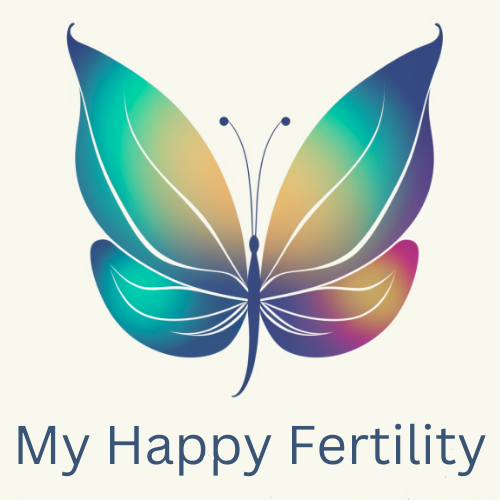Introduction
Infertility is a complex and often heart-wrenching journey for many women. Among the myriad of causes, genetic factors play a significant yet less discussed role. This blog delves into the intricate world of genetics and its impact on female fertility. Understanding these genetic underpinnings can be empowering for women grappling with infertility, offering insights and potential pathways for treatment.
In this guide, we aim to unfold the complexities of genetic influences on fertility, exploring how they contribute to various fertility issues and what this means for women seeking to conceive. From chromosomal abnormalities to specific gene mutations, the realm of genetics in fertility is vast and evolving. Join us in exploring this crucial aspect of reproductive health.
Understanding the Role of Genetics in Fertility
The Genetic Blueprint of Fertility
Genetics play a fundamental role in every aspect of human development, including fertility. They can influence ovarian reserve, hormonal balance, and even the health of the reproductive organs.
Common Genetic Causes of Infertility
- Chromosomal Abnormalities: Conditions like Turner Syndrome, where a female is born with a single X chromosome, can affect fertility.
- Gene Mutations: Specific mutations, like those in the FMR1 gene associated with Fragile X syndrome, can impact ovarian function.
- Genetic Disorders: Conditions like Polycystic Ovary Syndrome (PCOS) and endometriosis, which have a genetic component, can impair fertility.
Genetic Testing and Diagnosis
Genetic testing can help identify specific causes of infertility, guiding treatment options. Tests like karyotyping and advanced genomic screenings are increasingly becoming part of fertility assessments.
Genetic Factors in Common Fertility Issues
Certain fertility issues have a strong genetic link, affecting a woman’s ability to conceive and maintain a pregnancy.
Polycystic Ovary Syndrome (PCOS)
PCOS, a leading cause of infertility, has a hereditary component. Women with a family history of PCOS are at higher risk.
Premature Ovarian Failure (POF)
Genetic anomalies can lead to POF, where ovarian function diminishes before the age of 40.
Recurrent Miscarriages
Chromosomal issues in either partner can increase the risk of recurrent miscarriages, a heartbreaking experience for many couples.
Advances in Genetic Research and Fertility Treatment
The field of genetics has made significant strides, offering new hope in the realm of fertility treatments.
IVF and Genetic Screening
In vitro fertilization (IVF) coupled with genetic screening like Preimplantation Genetic Testing (PGT) can significantly increase the chances of a successful pregnancy in couples with known genetic issues.
Gene Therapy and Future Prospects
Emerging research in gene therapy shows promise in addressing genetic causes of infertility, though it’s still in the early stages.
Personalized Medicine
Understanding a woman’s unique genetic makeup can lead to personalized fertility treatments, enhancing success rates.
Coping with Genetic-Related Infertility
Dealing with infertility linked to genetic factors can be emotionally challenging, often bringing feelings of helplessness and frustration.
Emotional and Psychological Impact
Acknowledging the emotional toll is crucial. Seeking support from counseling and infertility support groups can be beneficial.
Exploring All Options
For some, this may mean considering alternative paths to parenthood, such as adoption or the use of donor eggs or embryos.
Staying Informed and Hopeful
Staying updated on the latest in genetic research and fertility treatments can provide a sense of control and hope.
Conclusion
Genetic factors play a crucial role in female fertility, but they do not define the entirety of the fertility journey. Understanding these factors provides a foundation for informed decision-making and personalized treatment approaches. As science advances, so do the possibilities for overcoming these challenges.
For women facing infertility, remember that you are not alone. There is a community and professionals ready to support you on this journey contact Eileen a fertility coach, armed with growing knowledge and technology.






